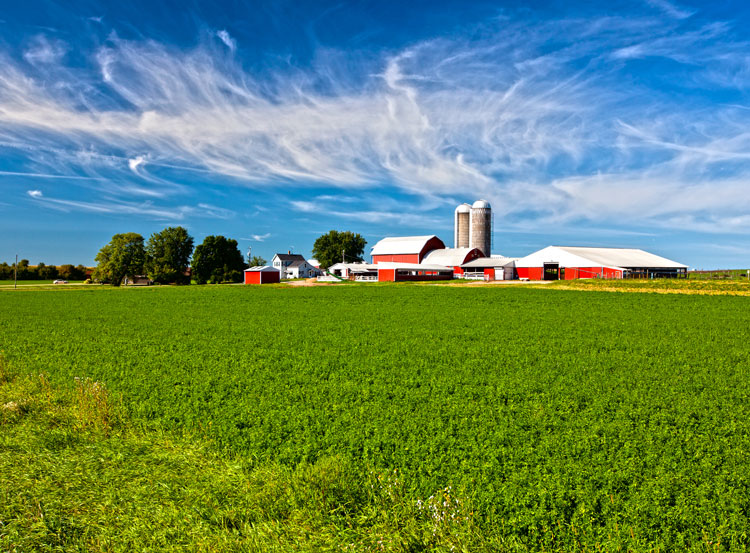
What have you learned?
Water quality, having a plan for dry cow housing, and learning how to work with calves in group housing. Those are the top three lessons Randy Gross learned from real-life experiences during a 2016 dairy construction project at his Minnesota-based Ash Grove Dairy. Gross shared that insight during a virtual presentation at the Professional Dairy Producers of Wisconsin annual meeting. Joining Gross was fellow dairy farmer Ken Feltz, and the duo shared three things that they wished they had known sooner.
When the Gross family started the farm in December of 2016, they were aware of some concerns with water quality at the site, and quickly learned the extensiveness of the problem.
“It wasn’t just that we had hard water,” Gross said. “It was a matter of incredibly high total dissolved solids in the water, calcium, iron, and manganese. It wasn’t just a matter of affecting the cows. It affected our chemicals in the parlor, it affected our pumps that pumped the water, it affected nearly every aspect of the dairy.”
In order to address the problem, they put in an extensive filtration system, and within a month, they gained 8 pounds per cow.
His second lesson was related to dry cow housing. They housed those animals outside, and during the winter, struggled with adequate intake and getting them calved in well. His third lesson came with their first experience with group housing of calves.
“Those are the three things for our dairy that knowing more about them would have been beneficial when we started four years ago, but we’ve learned a lot in the meantime and would like to think we’re doing a better job for the experiences we’ve gone through,” Gross concluded.
Take chances
Longtime Wisconsin dairy farmer Ken Feltz introduced his topics this way, “It’s kind of funny, because another way to say things I’ve learned is mistakes I’ve made, and I’ve made plenty.”
His third lesson but perhaps most important was to believe in yourself. Over his long career, he’s been able to see how much they have grown and changed because they were willing to take chances.
“I always hoped the price of milk would go up or the somatic cell count would go down,” he said. “I hoped, but I never took any steps to really make anything happen. I changed my mindset, and I stopped doing a lot of things.”
An example of that was his first lesson. When he first started out in dairying, they built several bunker silos replacing upright silos. Now they are transferring to drive-over piles. “We didn’t need to spend all that money on bunker silos,” he said.
His second lesson was a critical piece of advice for young people. Put some money in investments and retirement accounts, he advised. “I think there’s too much pressure put on young people when their parents are ready to retire and selling the farm is their only form of retirement,” he said. “I would encourage people to invest even a small amount of money every month.”








